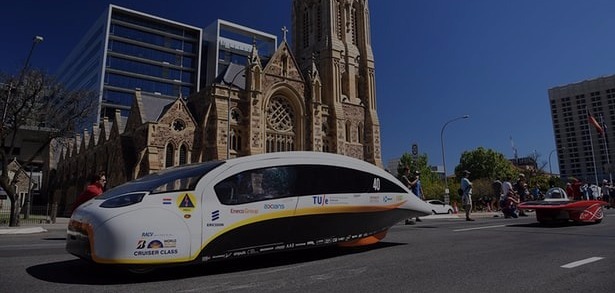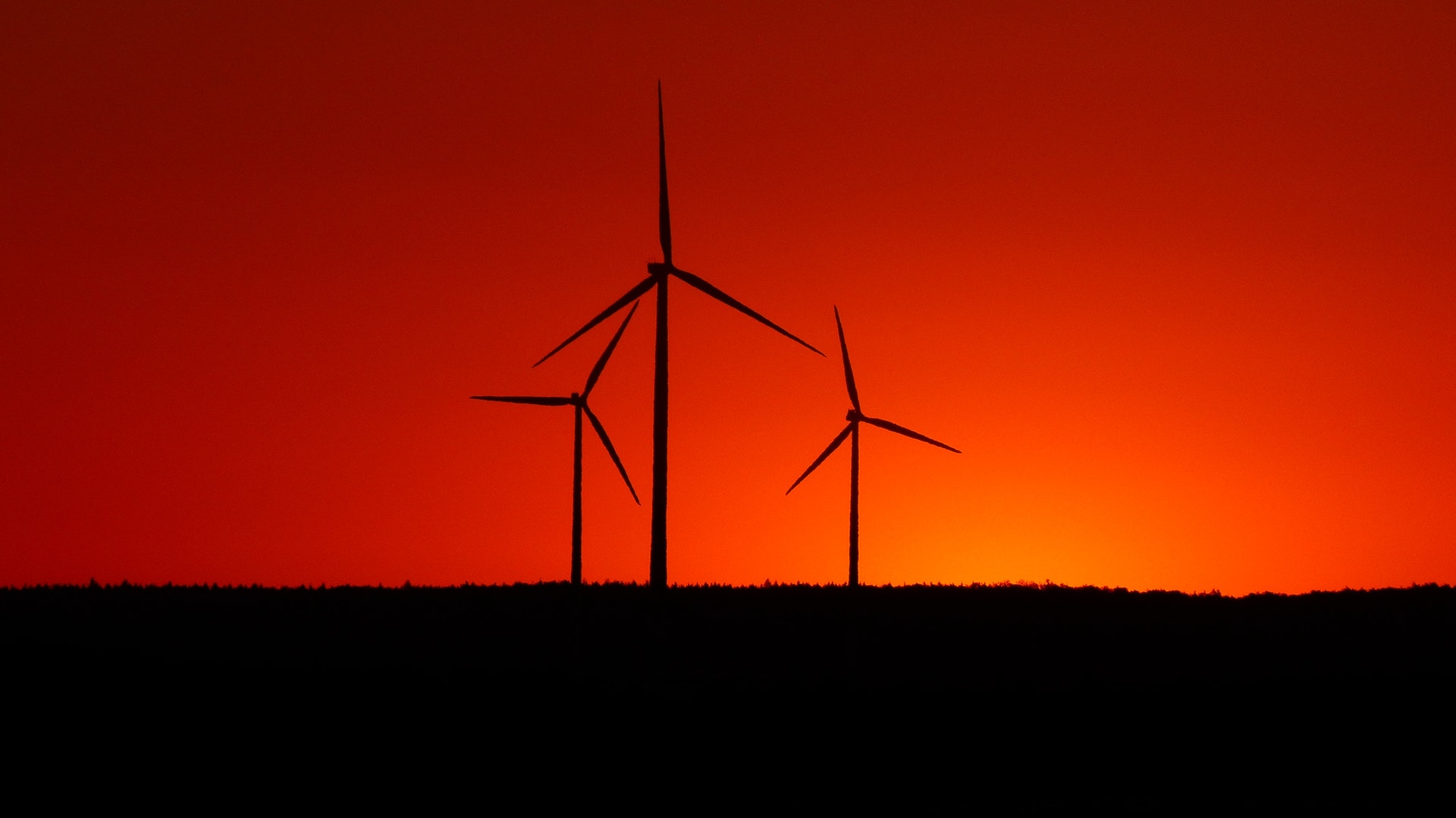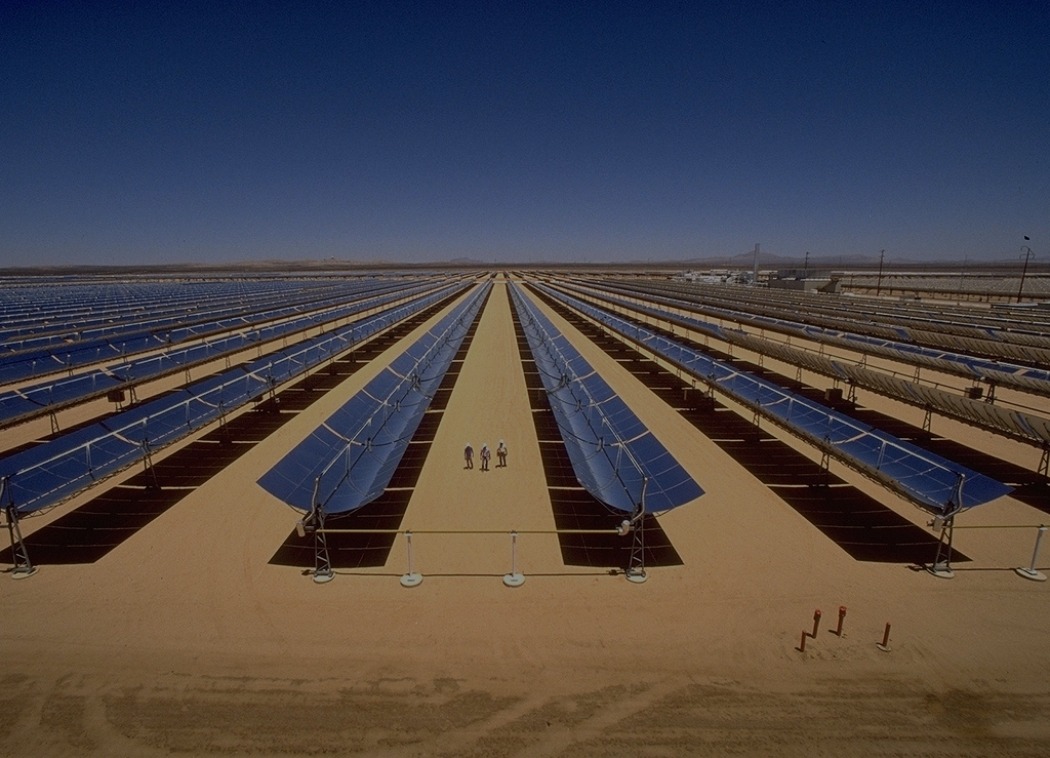India’s renewable energy auctions have become a victim of their own success, driving prices down so low that projects will not make money, said an insider.
“Developers have been willing to cut their margins, and that is not healthy in the long run,” said Sumant Sinha, founder and CEO of ReNew Power, in GTM’s Energy Gang podcast. “Some of the bidders who bid aggressive numbers are going to end up having a problem eventually.”
Solar developers have been happy to submit ever-lower bids in government auctions because they expected panel prices to drop continuously, said Sinha, whose company has completed 2 gigawatts of wind and solar projects and is planning 10 gigawatts more in the coming years.
Indian module prices fell below $0.30 per watt around four months ago. “People expected they would go down to the mid-twenties in the next three or four months,” said Sinha. “Instead…they have gone into the mid-thirties.”
Some Chinese module suppliers are now reneging on price agreements, he observed. “It’s going to result in some unprofitable projects being done,” he said.
“From a health of the private sector and the development community standpoint, I would say that these reverse auctions have not been a great success, even though they’ve resulted in very low tariffs. And partly it is the developers themselves who are to blame for it.”
It is not the first time this has happened, either. SunEdison was one of the best-known solar plant developers believed to have been hurt by stalling panel price reductions.
When the company sold its Indian project portfolio and pipeline after bankruptcy, local press reports noted that most of its upcoming projects were unviable.
Hyderabad-based Greenko Energy Holdings picked up the whole lot for a paltry $315 million, making it “the biggest distress sale of all time in the sector,” according to The Economic Times of India.
Acme Solar Holdings is the latest to be hit by the trend. In August, the company reportedly decided to sell a 200-megawatt project in Rajasthan that it won in May with a record-low tender price of $0.038 per kilowatt-hour. Rising Chinese solar panel prices hurt the economics of the project.
“Indian solar developers typically factor in a 15 to 20 percent annualized fall in the cost of solar modules when bidding for new projects,” said Bridge to India, a New Delhi-based renewable energy analyst firm, in a blog post last month.
“The assumed price decline may have been even higher in some of the recent auctions. Price increases in the last two or three months, therefore, have come as a shock to the sector.”
It is not just the solar sector that is facing challenges, either. India’s wind industry has only just started to move to auctions from a feed-in tariff regime. And there, too, it seems some developers may have bid beyond their capabilities.
Inox Group, for example, put a 250-megawatt project on the block last month after winning it in the country’s first wind auction, with a bid of $0.054 per kilowatt-hour.
India’s wind sector is also facing transmission connectivity issues, which this month forced the government to delay a second auction.
From the outside, India’s renewable energy program is a model of perfection. “If we were to ask people in government, they would say auctions have been an unqualified success,” said Sinha in the Energy Gang podcast.
“They would look at the only metric they care about, which is what has happened to tariffs. And tariffs have been driven down quite dramatically. A year ago, we were looking at tariffs of around 8 or 9 cents. Today tariffs are in the range of 4 or 5 cents,” he said.
The issue is whether this momentum can be sustained when developers are bidding below the threshold of viability. Policymakers must hope so: India is planning to install 100 gigawatts of solar and 60 gigawatts of wind capacity in the next four years.
That may not happen if developers struggle to get their projects off the ground.
Then again, it’s their own fault, said Madhavan Nampoothiri, managing partner of Aspiration Cleantech Ventures, for “taking unrealistic assumptions at the time of bidding.”
Source: https://www.greentechmedia.com/articles/read/indias-renewable-energy-auctions-may-not-be-sustainable#gs.IxTte98


